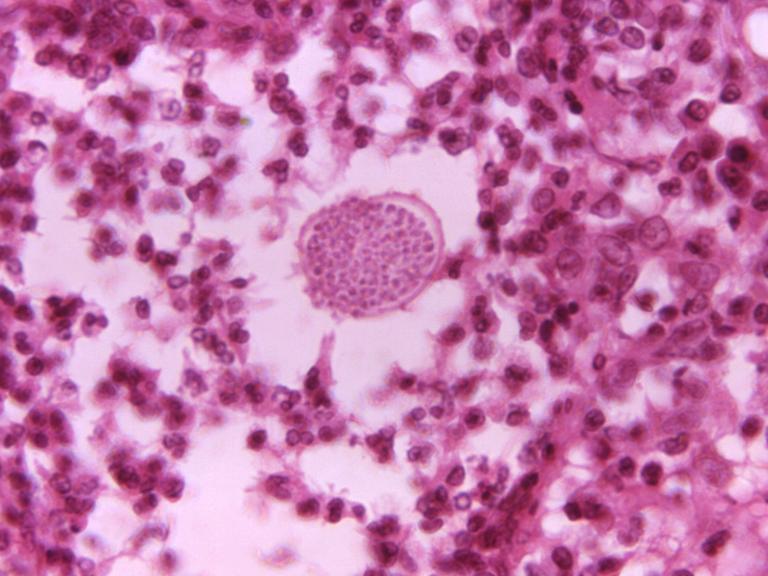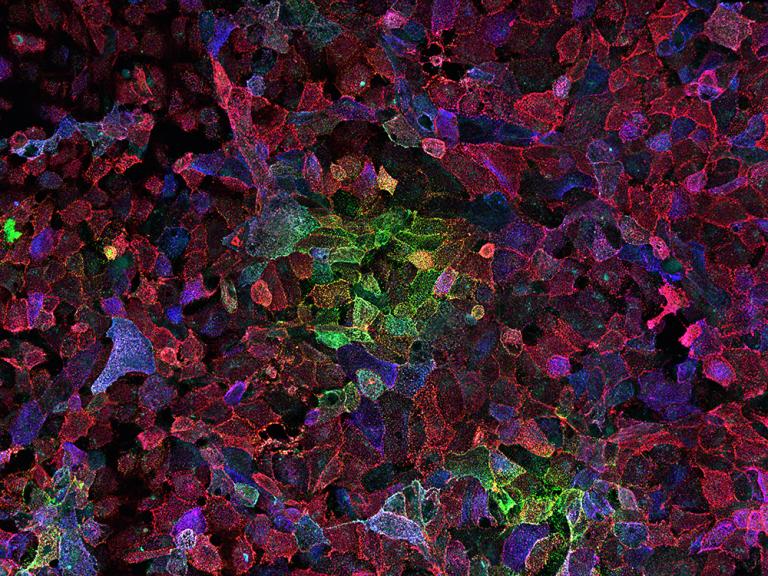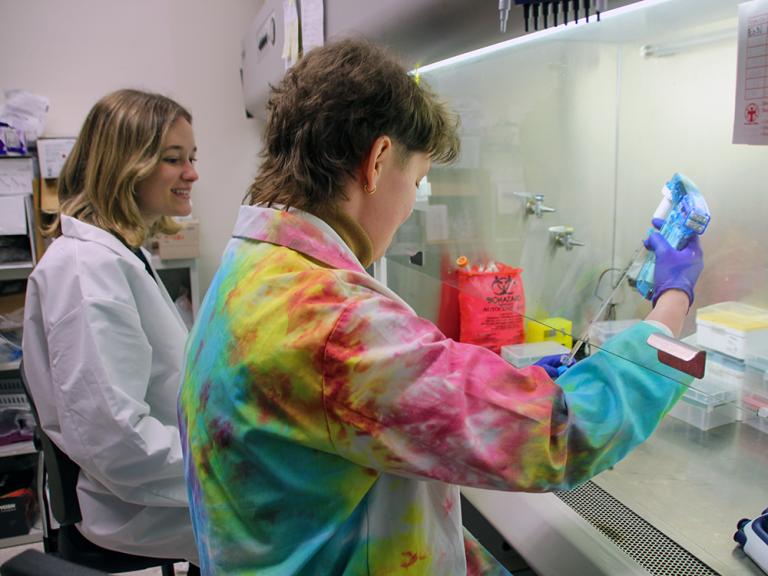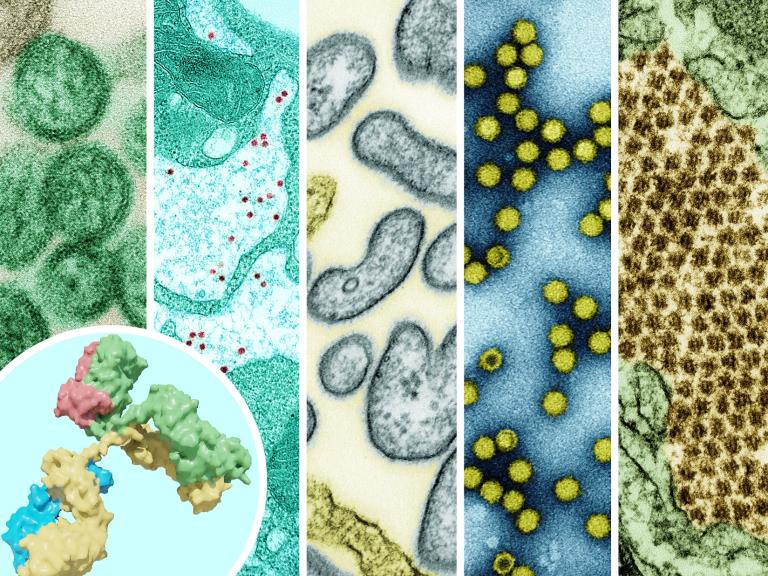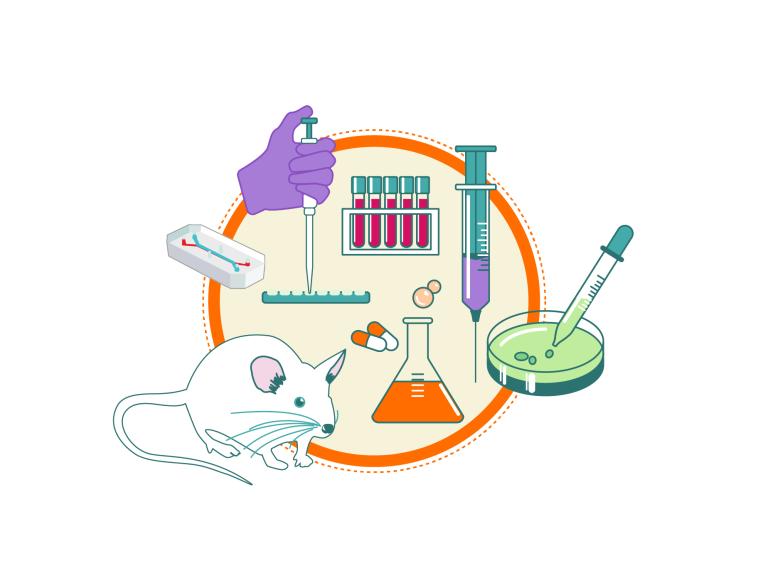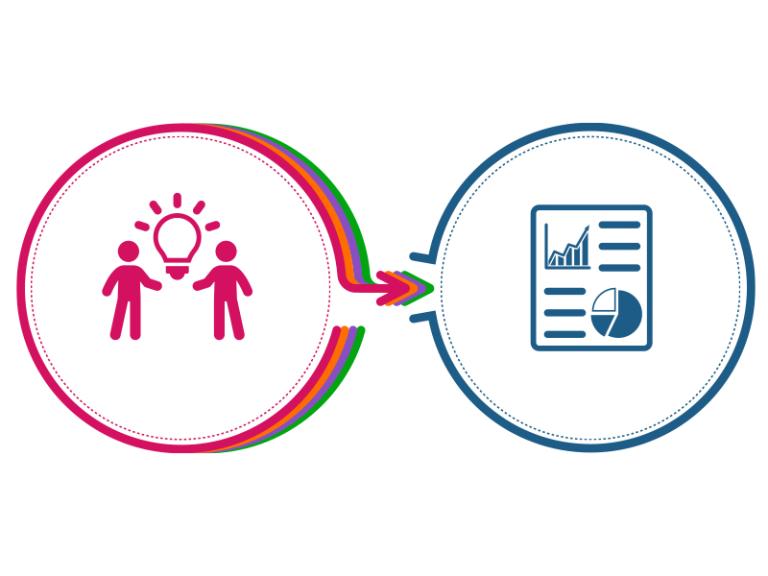Improving the health of millions of people around the world
NIAID conducts and supports basic and applied research to better understand, treat, and ultimately prevent infectious, immunologic, and allergic diseases. For more than 60 years, NIAID research has led to new therapies, vaccines, diagnostic tests, and other technologies that have improved the health of millions of people in the United States and around the world. NIAID is one of the 27 Institutes and Centers of the National Institutes of Health (NIH).
NIAID Research Areas
HIV/AIDS
NIAID is working to better understand HIV and how it causes disease, find new tools to prevent HIV infection, develop new and more effective treatments for HIV-infected people, and find a cure.
Infectious Diseases
NIAID conducts and supports research on nearly 300 infectious agents and investigates the biological properties of these pathogens and the immune system’s responses to them. Findings from this research are vital to NIAID efforts to create vaccines, drugs, and diagnostic tools to better diagnose, prevent, and treat infectious diseases.
Allergy, Immunology, & Transplantation
NIAID supports basic and clinical research to increase our understanding of the causes and mechanisms that lead to the development of allergic and immunologic diseases and to expand knowledge that can be applied to improving techniques of diagnosis, treatment, and prevention.
Research Disciplines & Approaches
The pursuit of NIAID’s research mission requires innovation, collaboration, and broad-mindedness. Researchers both working at NIAID and being funded by NIAID use a wide range of approaches to their research pursuits. Disciplines that cut across and beyond individual diseases or conditions form an important part of our research agenda.
NIAID Research Infrastructure
Research Conducted in NIAID Labs
NIAID supports 25 laboratories, two free-standing sections, and two independent programs that conduct peer-reviewed research, as well as several branches that focus on new research technologies and animal care. Through the Division of Intramural Research and Vaccine Research Center, principal investigators lead research groups composed of staff scientists, physicians, fellows, technical personnel, and students. In addition to conducting internal research, NIAID provides many laboratory and clinical research training opportunities for both pre- and postdoctoral physicians and scientists.
Funding for Research
NIAID supports research at external academic and research institutions through funding opportunities including grants, contracts, and cooperative agreements. Decades of NIAID-funded research has helped further the understanding, diagnosis, and treatment of many of the world's most intractable and widespread conditions in the areas of allergy, immunology and infectious diseases. In addition to targeted requests for proposals in response to initiatives, NIAID is always accepting researcher-initiated applications. Connect with NIAID program officers about potential funding.
Resources for Researchers
In addition to monetary funding, NIAID or NIAID-funded groups provide services that are available to the research community to advance their scientific pursuits. You may request services if you are an investigator in academia, a nonprofit organization, industry, or government in the United States or worldwide. You need not be a grantee of NIAID or another National Institutes of Health Institute or Center. Look to each resource for further eligibility information.
Programs & Networks
Programs and networks help to increase collaboration, break down silos, and share information and data by connecting researchers to each other, to institutions public and private, and to the general scientific community. A research program or network is an umbrella organizing group, internal or external to NIAID, whose responsibilities include to conduct, oversee, and at times fund research or offer non-monetary support for research. Most of these programs or networks offer services, i.e., resources, available to the NIAID scientific community.
Partnerships
When appropriate, NIAID works with partners to help fund initiatives, drive campaigns, and ultimately push forward research related to the NIAID mission.
NIAID Accomplishments
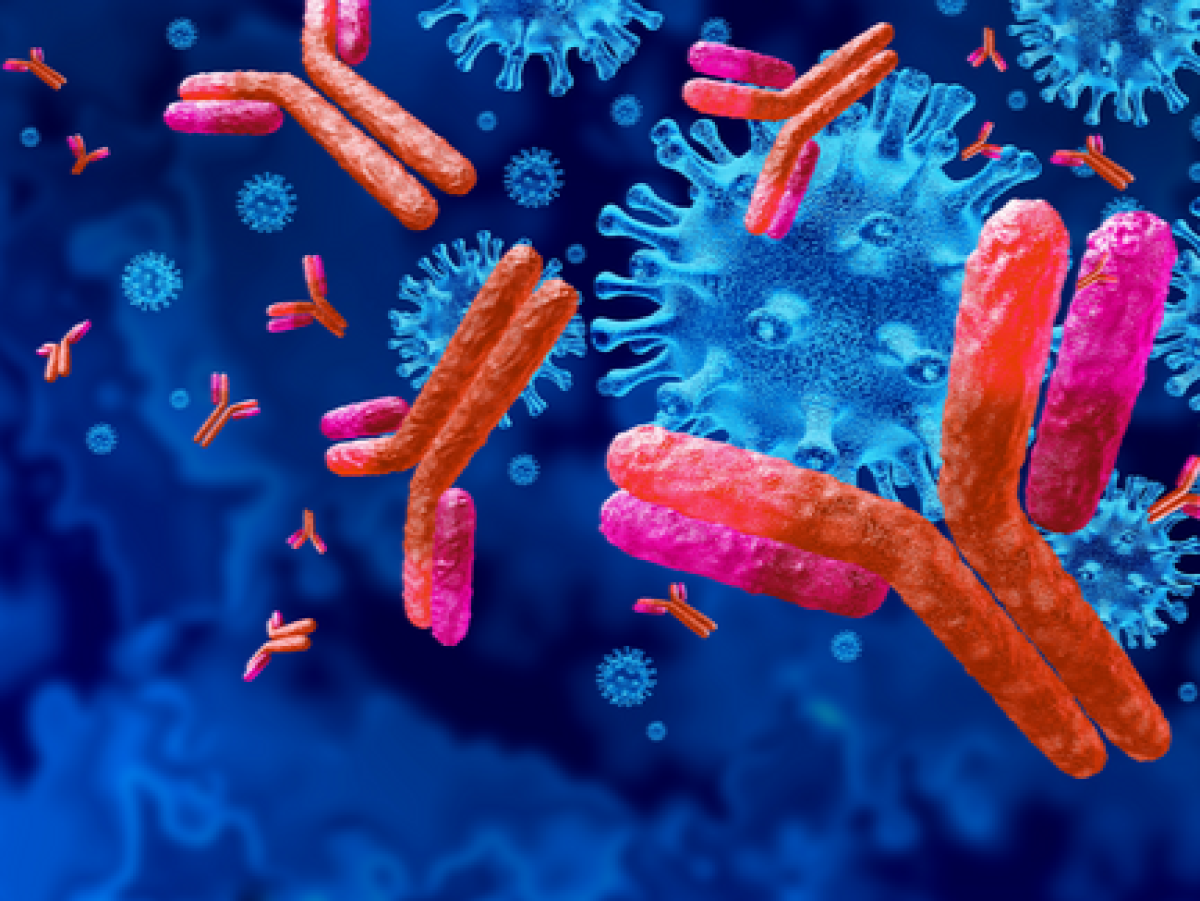
Decades in the Making: mRNA COVID-19 Vaccines
Decades of NIH-supported laboratory research laid the groundwork for the rapid development of mRNA vaccines in the first 100 days of the COVID-19 pandemic. Today, two U.S. Food and Drug Administration (FDA)-approved mRNA vaccines have saved millions of lives.
Safe and Effective RSV Protein Vaccines
NIAID-funded basic and clinical studies helped establish the fundamental knowledge necessary for the private sector to develop protein vaccines. These vaccines are safe and effective at preventing severe RSV in some target populations.
First FDA-Approved Drug for Delaying T1D Onset
NIH-funded research helped pave the way for development of Teplizumab, the first FDA-approved therapeutic for delaying type 1 diabetes (T1D) onset in at-risk patients. This delay reduces the potential for severe long-term complications in patients, thereby improving their quality of life.


